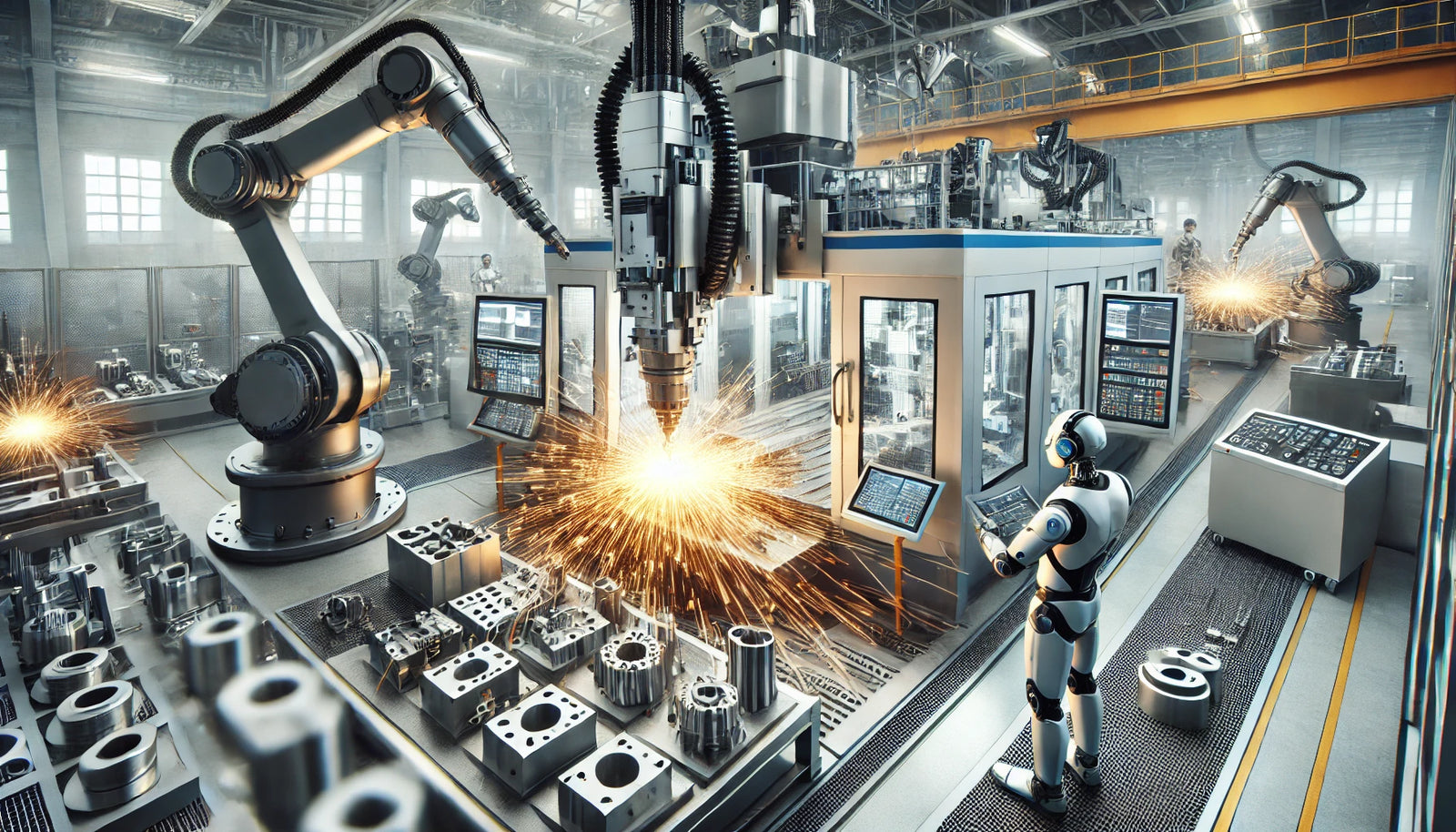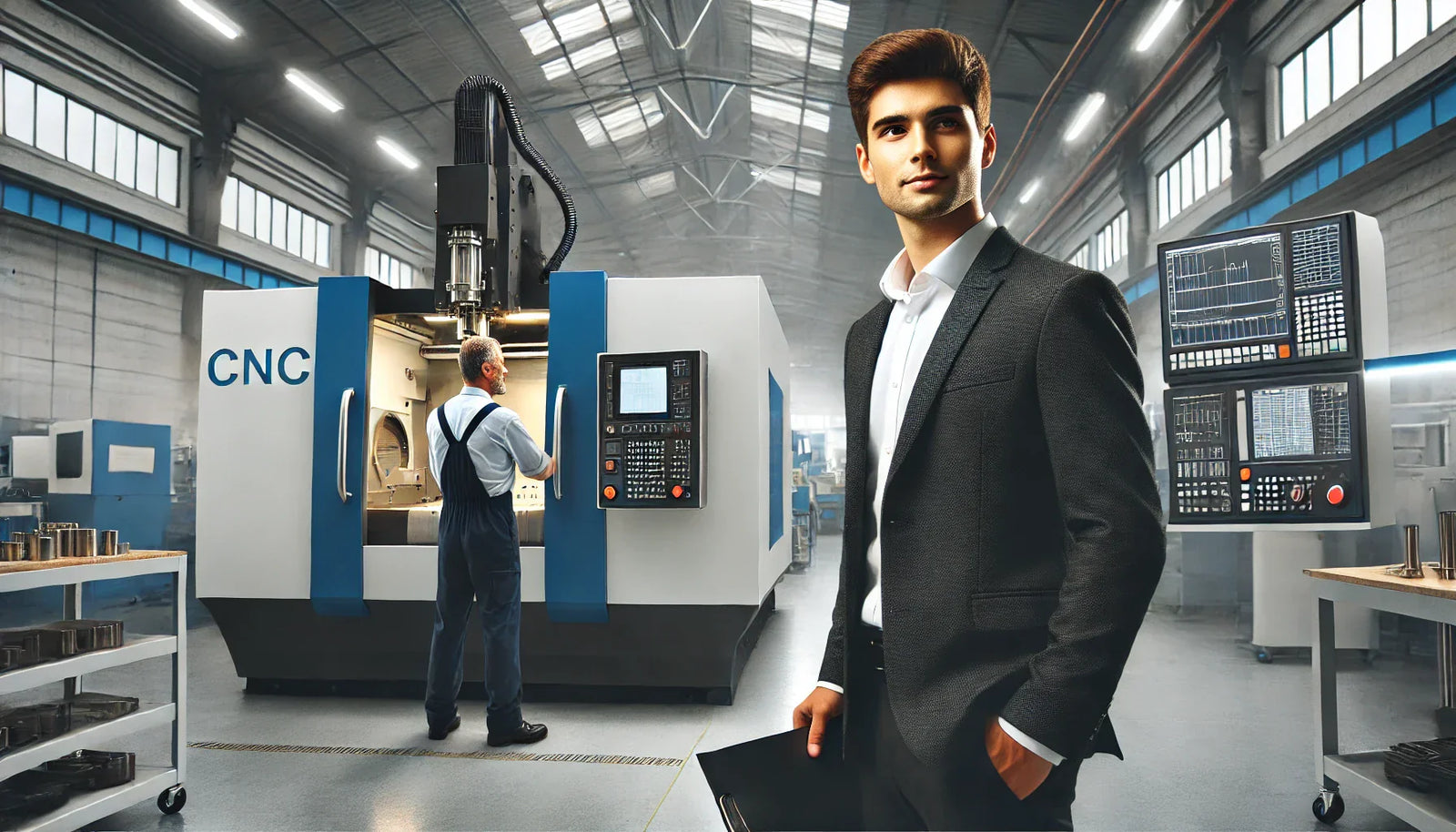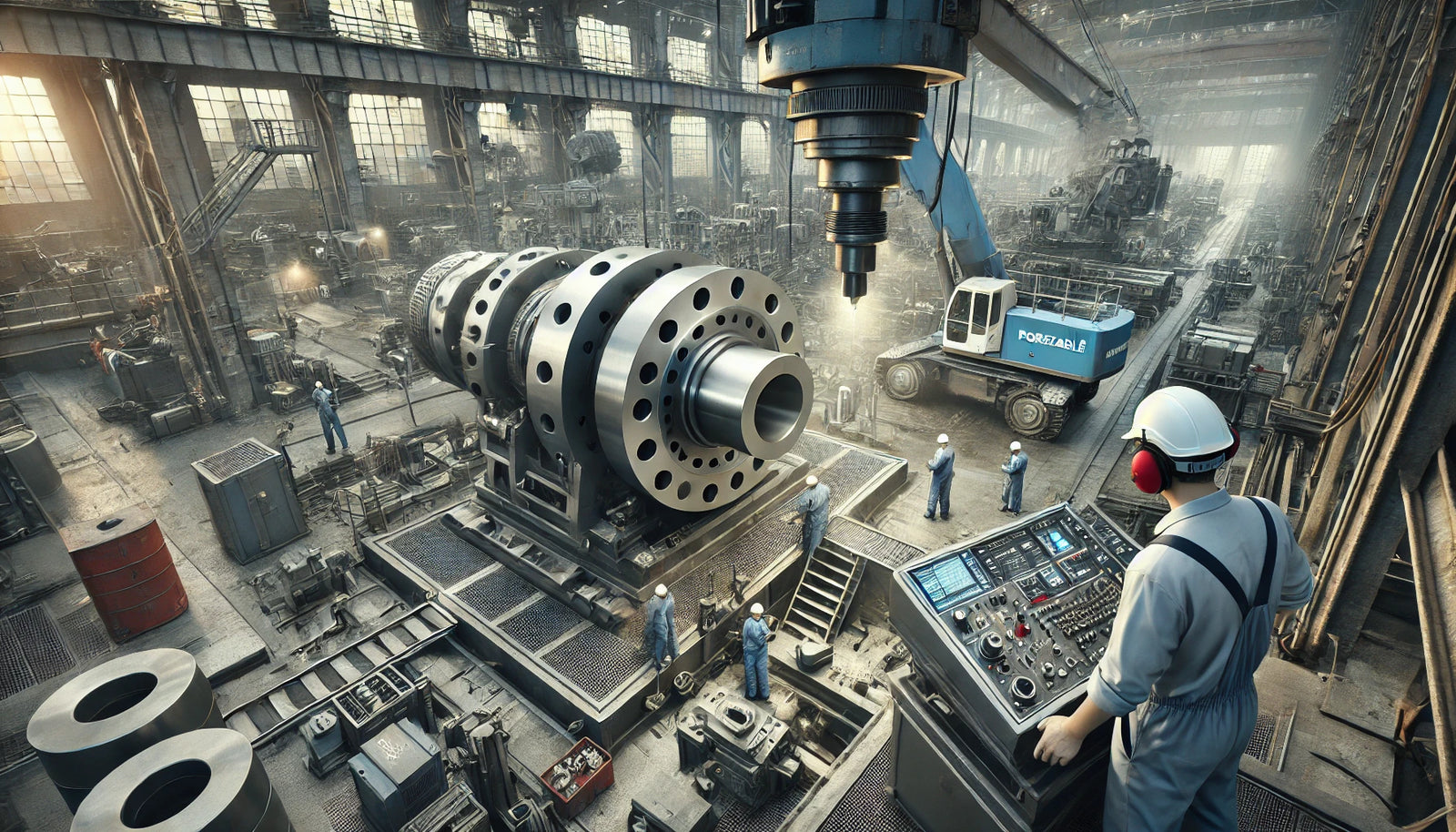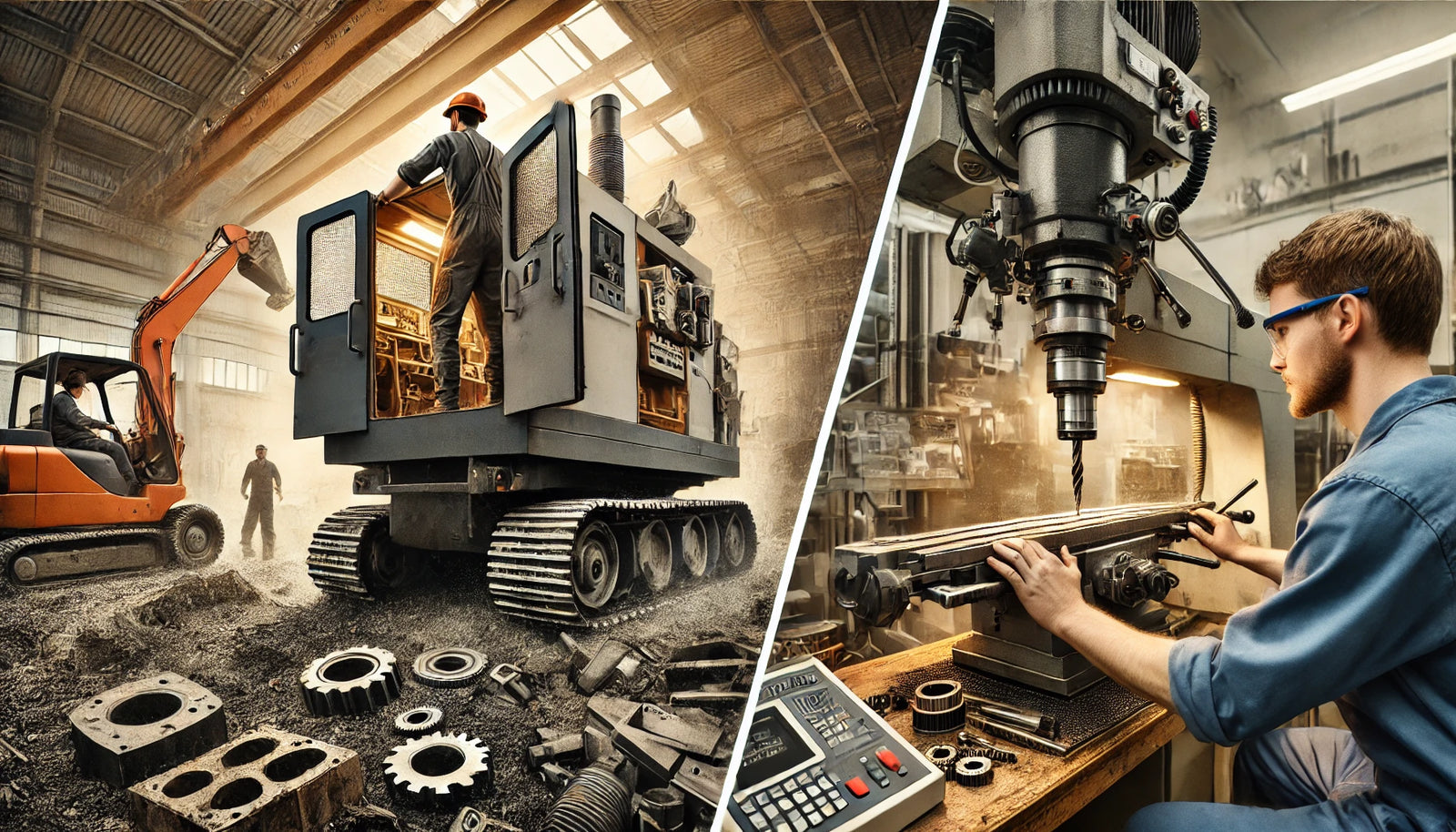The metalworking industry has experienced significant advancements over the years, with one of the most transformative being the adoption of CNC (Computer Numerical Control) automation. CNC automation revolutionizes traditional metalworking processes, offering numerous benefits that enhance efficiency, precision, and overall productivity. Here’s a look at the key advantages of CNC automation in metalworking:
1. Unmatched Precision and Accuracy
CNC machines are renowned for their ability to produce highly precise and accurate components. By following programmed instructions, CNC machines can achieve tolerances that are difficult, if not impossible, to replicate with manual machining. This level of precision is crucial in metalworking, where even the smallest deviations can impact the functionality and quality of the final product.
2. Increased Productivity and Efficiency
CNC automation significantly boosts productivity by allowing machines to operate continuously with minimal human intervention. CNC machines can run 24/7, performing complex tasks quickly and accurately. This continuous operation reduces production times and increases output, enabling metalworking shops to meet tight deadlines and take on more projects without compromising quality.
3. Reduced Labor Costs
One of the most notable benefits of CNC automation is the reduction in labor costs. Automated machines require fewer operators, as a single operator can oversee multiple CNC machines simultaneously. This efficiency reduces the need for a large workforce, lowering labor expenses and allowing businesses to allocate resources more effectively. Additionally, CNC machines minimize human error, reducing the need for costly rework and scrap.
4. Enhanced Consistency and Repeatability
CNC machines provide unparalleled consistency and repeatability in metalworking processes. Once a program is set up, CNC machines can produce identical parts repeatedly without variations. This consistency is vital for industries requiring uniformity, such as aerospace, automotive, and medical device manufacturing, ensuring that each part meets stringent quality standards.
5. Flexibility and Versatility
CNC machines are incredibly versatile, capable of performing a wide range of operations, including milling, turning, drilling, and cutting. They can be quickly reprogrammed to create different parts, offering flexibility to adapt to changing production needs or custom orders. This versatility allows metalworking shops to expand their service offerings and respond rapidly to market demands.
6. Improved Safety
Safety is a paramount concern in any manufacturing environment. CNC automation enhances safety by reducing the need for manual handling of materials and tools. Operators can control machines from a safe distance, minimizing the risk of accidents and injuries. Additionally, CNC machines are equipped with safety features and protocols that further protect operators and reduce the likelihood of workplace incidents.
7. Lower Material Waste
CNC machines optimize material usage, reducing waste and improving overall efficiency. The precision of CNC machining ensures that raw materials are used efficiently, minimizing excess material and scrap. This optimization not only lowers material costs but also supports sustainable manufacturing practices by reducing the environmental impact of metalworking operations.
8. Integration with Modern Technologies
CNC machines can integrate with advanced technologies such as CAD (Computer-Aided Design) and CAM (Computer-Aided Manufacturing) software. This integration streamlines the design and manufacturing process, allowing for seamless transitions from digital models to physical components. Moreover, CNC automation supports Industry 4.0 initiatives, enabling real-time monitoring, data analysis, and predictive maintenance for enhanced operational efficiency.
9. Shorter Setup Times
CNC machines have shorter setup times compared to conventional machining. Once a program is created, it can be saved and reused for future production runs, eliminating the need for time-consuming manual setups. This efficiency reduces downtime and accelerates the production process, allowing for quicker turnaround times and increased throughput.
Conclusion
The benefits of CNC automation in metalworking are profound and far-reaching. From enhanced precision and productivity to reduced labor costs and improved safety, CNC automation transforms traditional metalworking processes into efficient, high-quality operations. As the metalworking industry continues to evolve, embracing CNC automation is not just an option but a necessity for businesses seeking to remain competitive, innovative, and sustainable. By investing in CNC technology, metalworking shops can unlock new levels of performance and success in today’s fast-paced manufacturing landscape.





